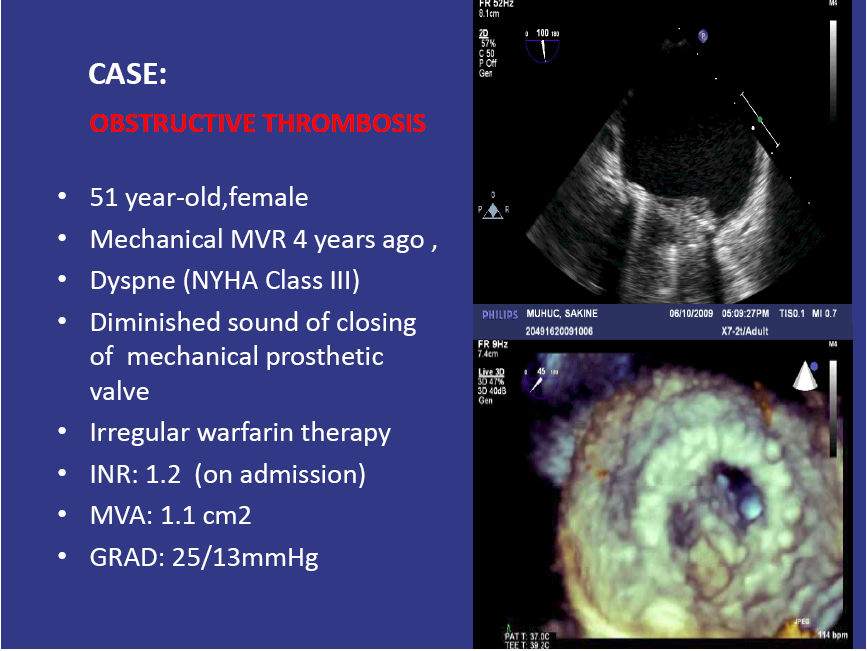Hi everyone,
Hope you all are doing great. I have been checking the forum for a while but posting after a long time. After my routine check - up last week I’m a bit upset and thought maybe you could help me or share similar stories.
I had my AV replaced (almost 10 years ago) with a mechanical valve. My mechanical aortic valve has a leak since my heart was inflamed at the time of the surgery and once it reverted to the normal size after the surgery the mechanical valve is not proportionate. I also have a Grade III Mitral Regurgitation (ejection fraction is 60%).
All these years my condition has been stable and I was able to go through a successful pregnancy five years ago. However after my last check up my doctor recommends that I get a patch on my AV (catheterization). She said that whether I get the patch or not I will most probably have to go through another replacement in about five years for the AV or both AV and MV.
She also mentioned that mechanical valves generally lasts only for about 15 years which contradicts with what my surgeon said and what I have read online which is that it lasts a lifetime, has anyone heard about this? I switched to this doctor last year after my usual Consultant Cardiologist retired and he too told me that mechanical valves can be relied on to go on forever.
Has anyone gone through the similar situation?
Looking forward to your responds
Regards
M
Hope you all are doing great. I have been checking the forum for a while but posting after a long time. After my routine check - up last week I’m a bit upset and thought maybe you could help me or share similar stories.
I had my AV replaced (almost 10 years ago) with a mechanical valve. My mechanical aortic valve has a leak since my heart was inflamed at the time of the surgery and once it reverted to the normal size after the surgery the mechanical valve is not proportionate. I also have a Grade III Mitral Regurgitation (ejection fraction is 60%).
All these years my condition has been stable and I was able to go through a successful pregnancy five years ago. However after my last check up my doctor recommends that I get a patch on my AV (catheterization). She said that whether I get the patch or not I will most probably have to go through another replacement in about five years for the AV or both AV and MV.
She also mentioned that mechanical valves generally lasts only for about 15 years which contradicts with what my surgeon said and what I have read online which is that it lasts a lifetime, has anyone heard about this? I switched to this doctor last year after my usual Consultant Cardiologist retired and he too told me that mechanical valves can be relied on to go on forever.
Has anyone gone through the similar situation?
Looking forward to your responds
Regards
M


























